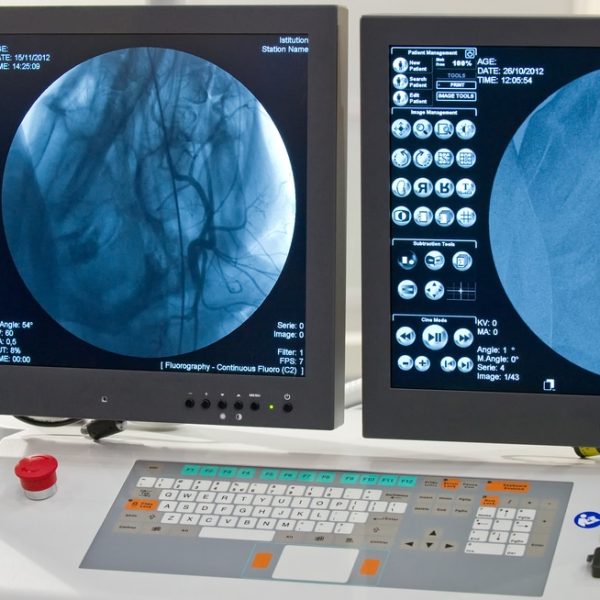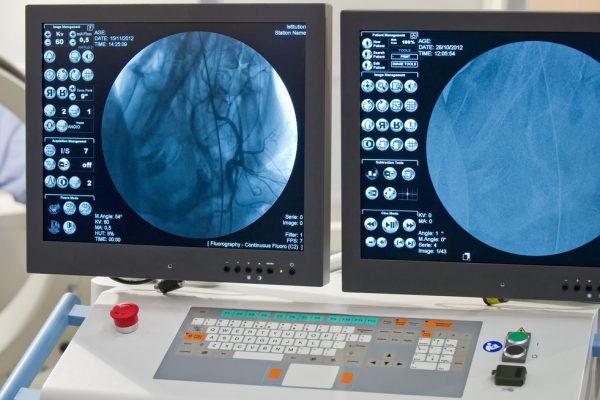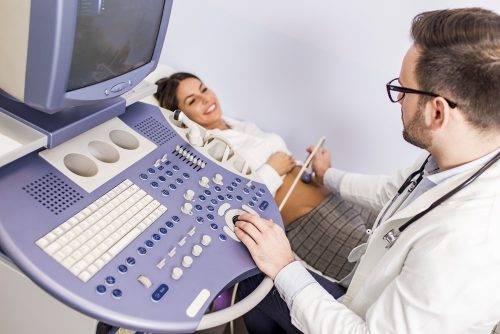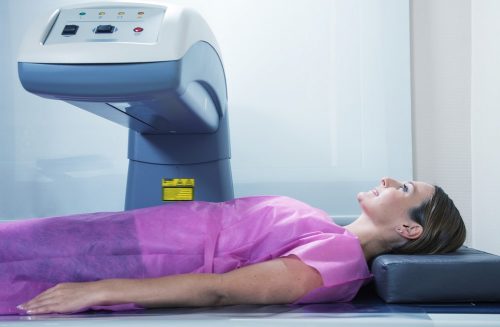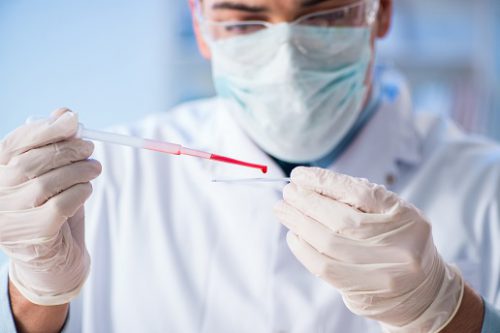Fast appointments to angiography in Israel
About Angiography
Computer blood vessel scanning is a modern diagnostic procedure with a CT scanner that reveals numerous diseases of the blood vessels. With the CT scanner, the blood vessels of the following organs can be examined: the brain, neck, chest, heart, lung, stomach, kidneys and legs.
This is an invasive diagnostic procedure and is carried out by a special team of doctors-specialists. It reveals all abnormalities of the blood vessels, such as narrowing the lumen of blood vessels, due to atherosclerotic changes, blood vessel spread (aneurysms), revealing the involvement or infiltration of blood vessels by the surrounding tumor, and others.
CT angiography is performed in a hospital.
How our team of experts perform CT angiography?
In the performance of CT, angiography is attended by a whole team of professionals. The radiological technician places the patient on the CT scanner in the required rest position.
The nurse sets a venous line for injecting a contrasting stature. The patient is attached to an automatic injector, through which an iodine contrast agent is injected, which flows during the examination.
Before the examination itself, the patient should report whether there is an allergy to some type of food, medicines or iodine contrast agent used in this diagnostic procedure. If the patient is prone to allergy, he will receive appropriate medication before the diagnostic procedure itself, ie proper premedication will be carried out. Also, an allergy test of the contrast medium can be made.
The entire diagnostic procedure lasts 10 to 20 minutes.
During the examination, the patient may feel local pain, mild heat, weakness, sweating, metallic taste in the mouth (as a result of the resulting contrast medium), but it is rapidly passing.
In cardiac cardiac surgery, the doctor – a cardiologist – will give you the appropriate therapy to calm the heartbeat.
After the examination, the doctor – radiologist processes the data from the recorded region and obtains an insight into the condition of blood vessels in that region. If an examination reveals some abnormality of the blood vessels, some additional trials and appropriate treatment may be required.
CT angiography of the arteries of the neck
From the resulting iodine contrast agent, hypersensitivity reactions may occur, which may be of varying intensity and with different manifestations. These reactions may be:
Cardiovascular changes: chest pain, arrhythmia, accelerated or ameliorated cardiac work;
Respiratory changes: sneezing, coughing, wheezing, swelling of the larynx;
Changes by the digestive system: nausea, vomiting, difficulty swallowing;
Skin manifestations: rash, skin itchy, redness;
Anaphylaxis (the most difficult form of hypersensitivity reaction).
The risk of developing the previously described changes is greater in patients with an already existing allergy to iodine contrast agents, and they receive special treatment with appropriate premedication, or refer to another diagnostic method. The previously described manifestations of the contrast medium are rare, but if they occur, the appropriate measures for their deviation are taken.
Before you come to the scheduled term for computer recording, it is necessary to:
3-4 hours before the check, do not allow, fluid intake is allowed (water, tea …);
Be comfortable and lightly dressed;
Leave all metal objects (jewelry, glasses, mobile toothbrushes, cell phone, etc.);
Do not interrupt everyday therapy;
Report – claustrophobia (if you have one);
Report allergies (especially the contrast medium used for this type of review);
Tell your doctor if you have heart, kidney, asthma, diabetes, and thyroid problems;
Carry with you medical documentation from previous examinations;
Women report pregnancy.

